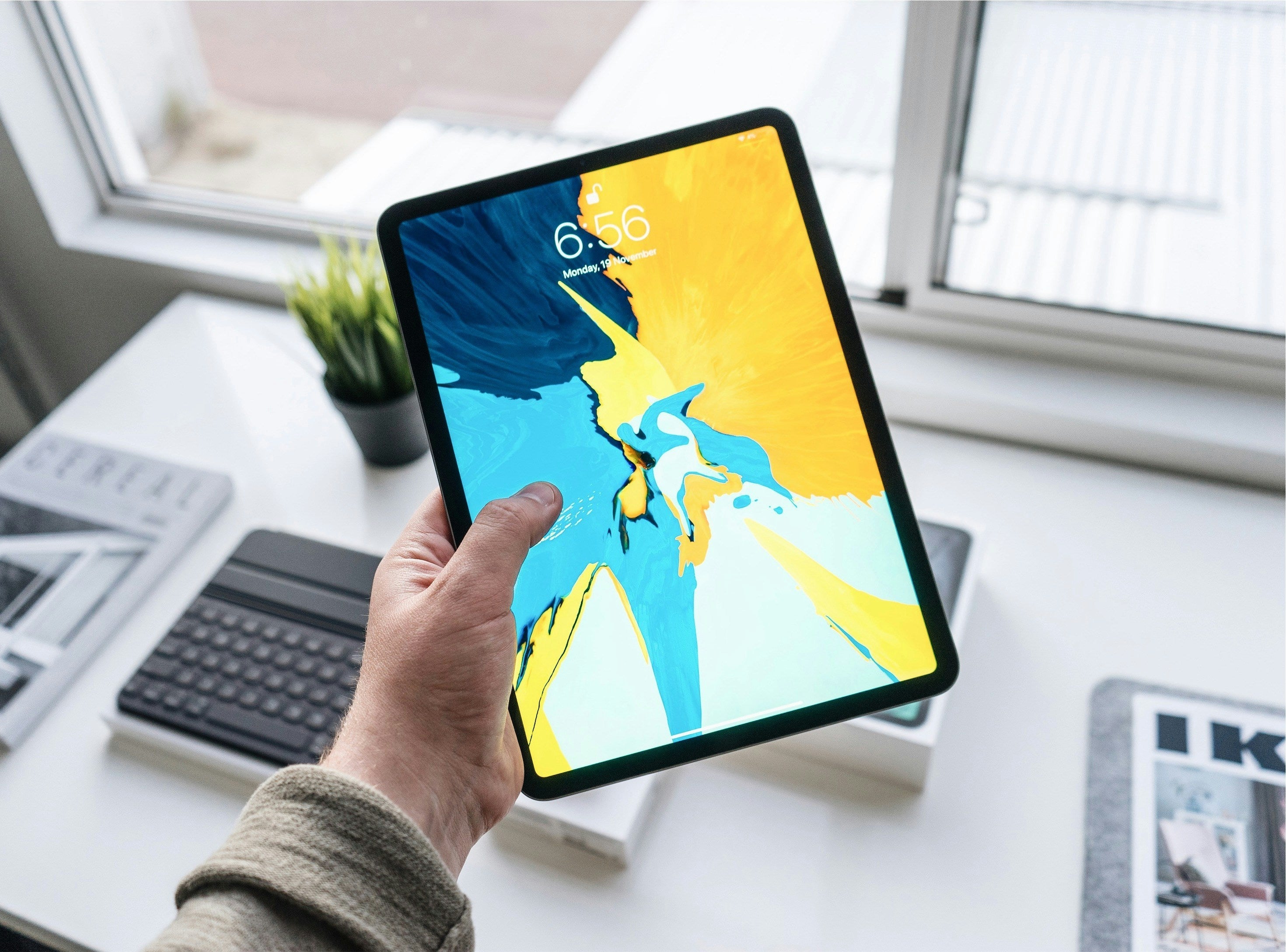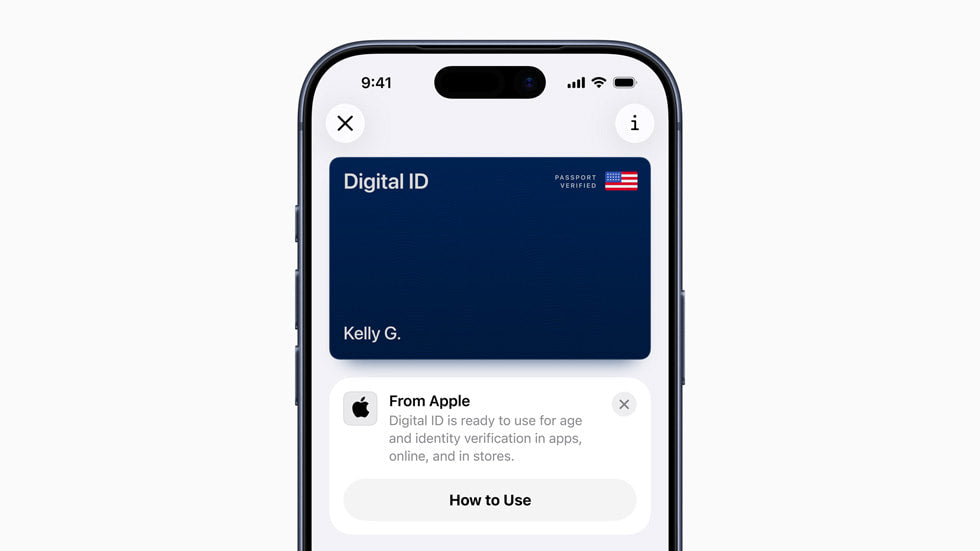In recent years, Apple has built its brand around a single, powerful promise: privacy. From billboards proclaiming, “What happens on your iPhone, stays on your iPhone” to high-profile software changes, the company positions itself as a champion of user privacy. But is this stance truly meaningful, or is it just brilliant marketing? Let’s take a critical look at Apple’s privacy claims and how they compare to the realities of their business—and their biggest competitors.
Apple’s privacy promise
Apple touts a range of privacy-focused features across its ecosystem:
- App Tracking Transparency (ATT): Lets users control which apps can track them across other apps and websites.
- On-device processing: Many functions, from Siri to Face ID, now process data without uploading it to Apple’s servers.
- Mail Privacy Protection: Prevents senders from knowing when an email is opened or tracking users’ IP addresses.
- Minimal data collection: Claims to collect only the data necessary for providing services, with strong encryption measures.
How Apple makes money: The business model lens
Unlike competitors like Google and Meta (Facebook), Apple’s core business is not selling user-targeted ads. Instead, it:
- Generates most revenue from hardware sales (iPhones, Macs, iPads, etc.) and a growing array of services (iCloud, Apple Music, App Store).
- Claims privacy is a fundamental human right, not a feature to be sold.
Scrutiny of Apple’s privacy messaging
While Apple’s business aligns more naturally with user privacy, questions remain:
- App ecosystem control: Apple benefits financially from restricting data sharing by third parties, funneling more ad revenue and data insights through its own platforms.
- Advertising expansion: Apple is quietly expanding its own advertising business, leveraging App Store and News app data—albeit in a “privacy-friendly” manner.
- Default services: iCloud and Siri still collect and process some user data. Privacy depends on defaults and user settings, not just policy.
- Global compliance: Apple’s privacy stance sometimes shifts based on local laws (e.g., iCloud in China, where data may be less protected).
Comparing Apple to competitors
| Company | Core Business Model | Privacy Record |
|---|---|---|
| Apple | Hardware and services | Strong focus on default privacy, less reliance on ads, but profits from tight ecosystem control |
| Advertising | Relies on user data for ad targeting; offers privacy tools but collects significant data | |
| Meta (Facebook) | Advertising | Extensive data collection for targeted ads, often criticized for privacy lapses |
| Microsoft | Software, cloud, hardware | Mixed privacy approach; increasing user controls, but still collects telemetry data |
FAQ: Apple’s privacy stance in perspective
- Q: Does Apple collect any user data at all?
- A: Yes, Apple collects some data necessary to operate its services. It uses on-device processing and privacy-preserving analytics where possible, but some services (like iCloud or Apple Maps) still rely on server-side data.
- Q: Are Apple’s privacy tools really effective?
- A: For the most part, yes—especially compared to rivals. However, privacy is not absolute. Users still need to configure settings, and some trackers or data sharing can still occur.
- Q: Is Apple using privacy to hurt competitors?
- A: Critics argue that Apple’s privacy features also reinforce its ecosystem and hinder third-party ad networks, benefiting Apple’s own services and advertising ambitions.
Conclusion: Meaningful or marketing—what’s the verdict?
Apple’s privacy stance is more meaningful than most competitors’, largely because its business does not rely on user data-driven ads. However, it’s not pure altruism: privacy has become a powerful marketing tool and a competitive weapon. For now, Apple leads on privacy—but users should remain aware and vigilant about how their data is truly handled.




Share:
Beyond the Mac: How Apple Silicon is changing computing
The Garage Days: How Apple Was Founded